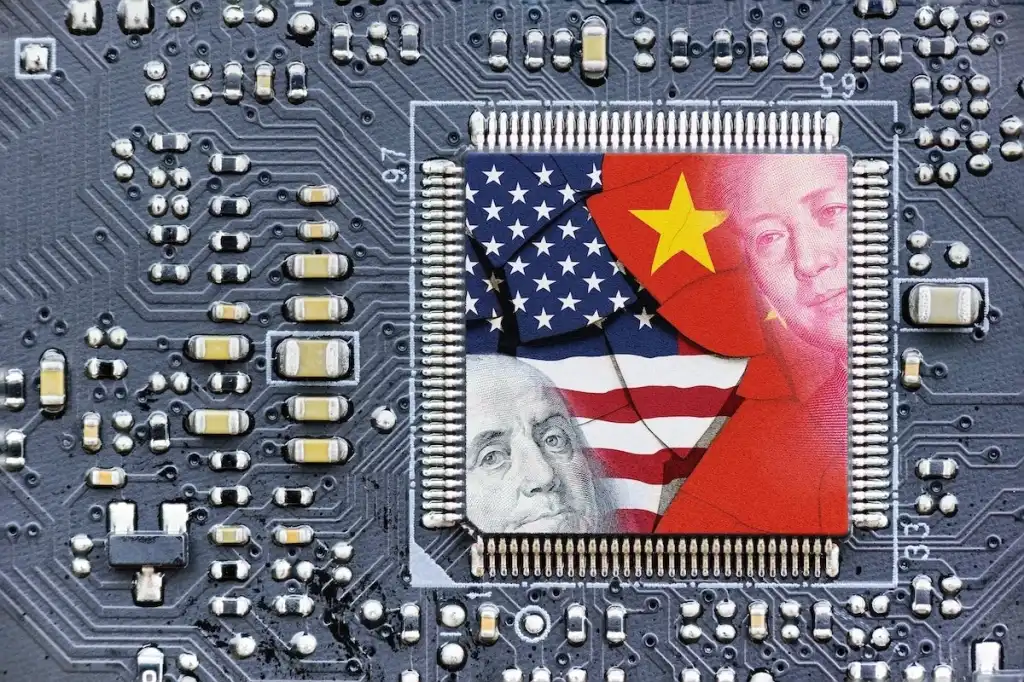
China Sets New Precedent by Blocking Goods Sales to the U.S.

China Blocks Goods Sales to the U.S., Changing Global Trade Dynamics
In a bold move, China has blocked goods sales to the United States, marking a major shift in global trade. This action has escalated tensions between the two largest economies. China’s decision to stop selling goods to the U.S. could reshape trade relationships and disrupt global supply chains.
This development comes amid growing trade disputes between China and the U.S. Tariffs, sanctions, and restrictions have already created tension in recent years. Now, this new restriction shows China’s willingness to use economic leverage to influence trade dynamics.
Why Did China Block Goods Sales to the U.S.?
China’s decision to block goods sales is part of a broader strategy to assert itself in the global market. Over the past few years, both China and the U.S. have imposed tariffs on each other’s products, impacting industries worldwide. Intellectual property issues and technology transfers have further strained their relations.
Now, China’s action highlights its response to what it views as unfair trade practices by the U.S. By blocking goods sales, China pressures the U.S. and challenges its position as the global economic leader. This move is a clear signal that China intends to use economic power as leverage.
Global Trade Impact: What Does This Mean for Businesses?
The impact of China’s ban on U.S. goods will reach beyond the two countries. The U.S. is one of China’s largest trading partners, and the disruption in trade between them will affect industries worldwide. Companies relying on Chinese products will face significant challenges.
For U.S. businesses, this decision could lead to delays, higher costs, and difficulty sourcing materials. Many industries, especially technology and manufacturing, are heavily dependent on Chinese-made goods. Shifting suppliers quickly will be difficult, and it could disrupt production timelines.
How Will This Affect the Global Economy?
This ban will not only impact the U.S. but also affect the global economy. The U.S. and China together represent a significant portion of the world’s trade. A breakdown in trade between these two countries could lead to disruptions in supply chains across multiple industries.
Countries that rely on U.S. and Chinese markets may need to reassess their trade strategies. For example, tech companies that rely on Chinese parts may struggle to find new suppliers. Similarly, businesses that export to China may face new tariffs and trade barriers.
Is This a Sign of Protectionism on the Rise?
China’s decision to block goods sales to the U.S. may signal a shift toward more protectionist policies. In recent years, both China and the U.S. have embraced economic nationalism, prioritizing domestic industries over global cooperation. Other countries might follow suit, imposing their own trade restrictions in an effort to protect their economies.
This could lead to more fragmented trade relationships. The world may see the rise of economic blocs, where countries align with either China or the U.S. depending on their political and economic interests.
Conclusion: What’s Next for Global Trade?
China’s decision to block goods sales to the U.S. sets a new precedent in international trade. It shows the growing influence of economic power in global politics. This decision will likely force businesses worldwide to rethink their supply chains and trade strategies.
As China and the U.S. continue to clash, other nations will have to navigate the new economic landscape. Global trade could become more divided, with countries choosing sides. In the coming years, the world will have to adapt to these new challenges and find ways to keep the global economy moving forward.